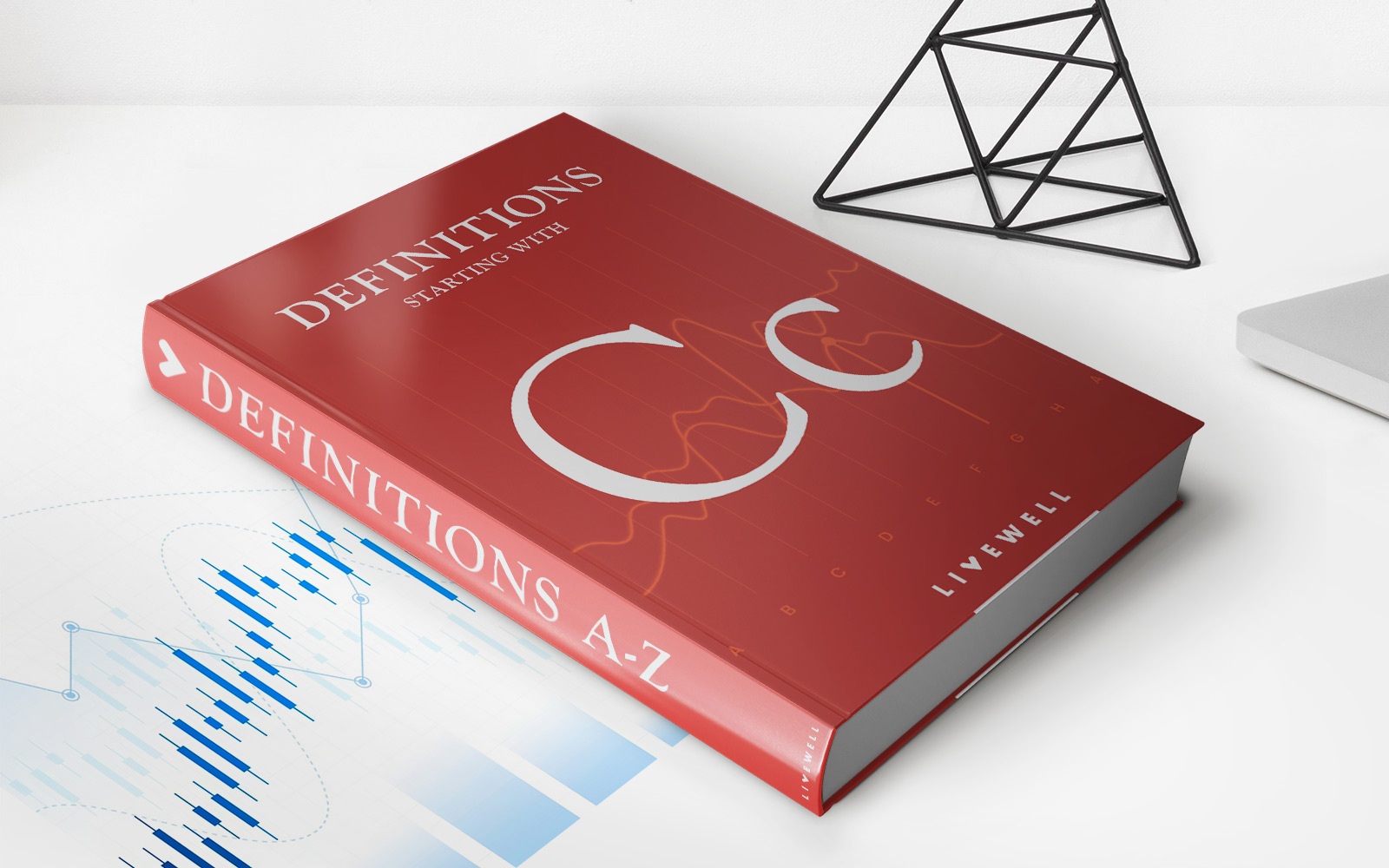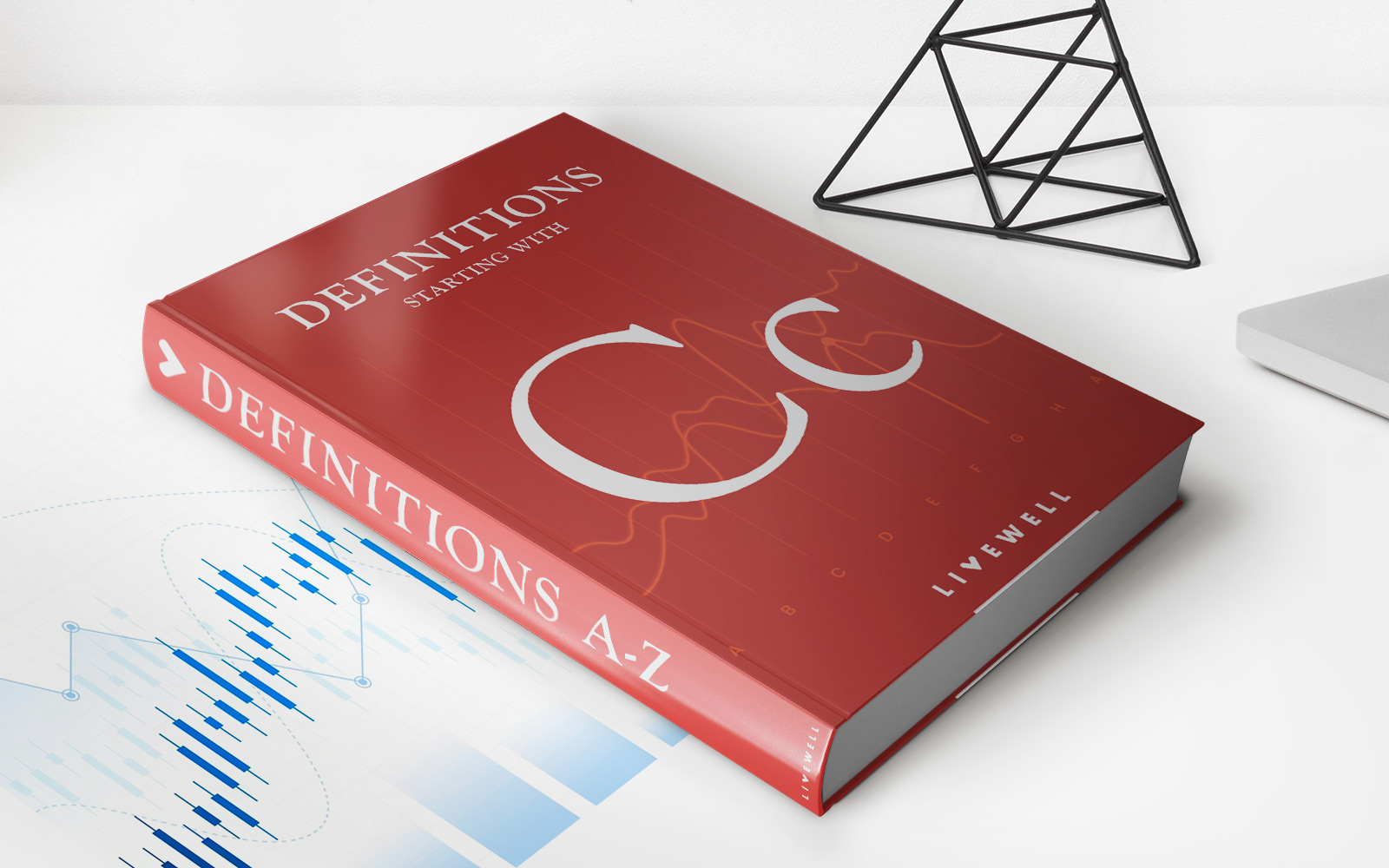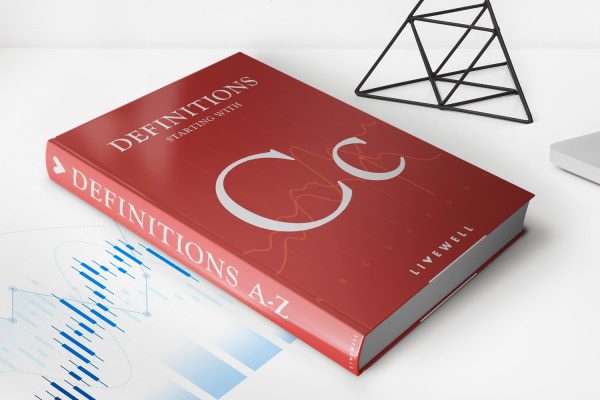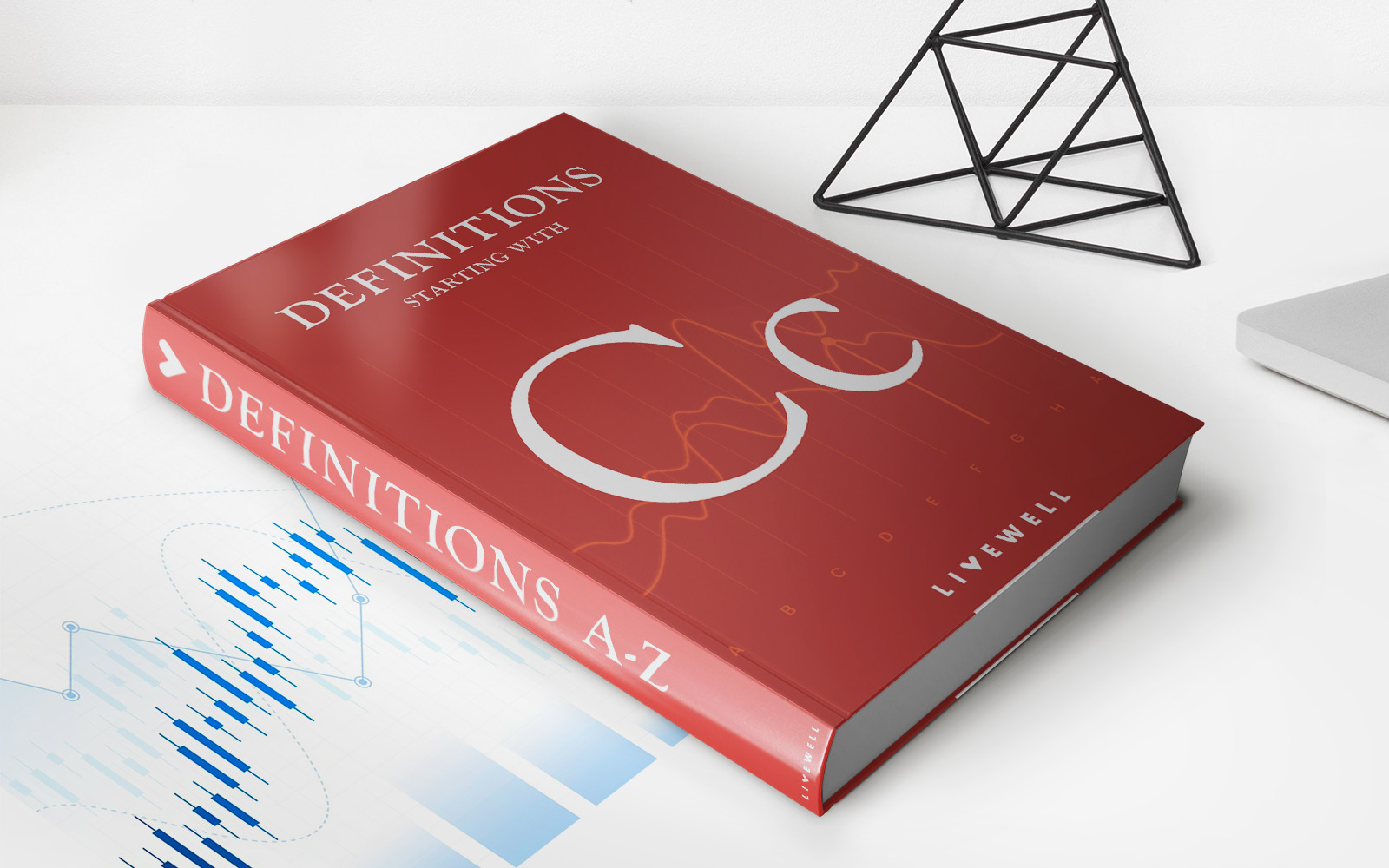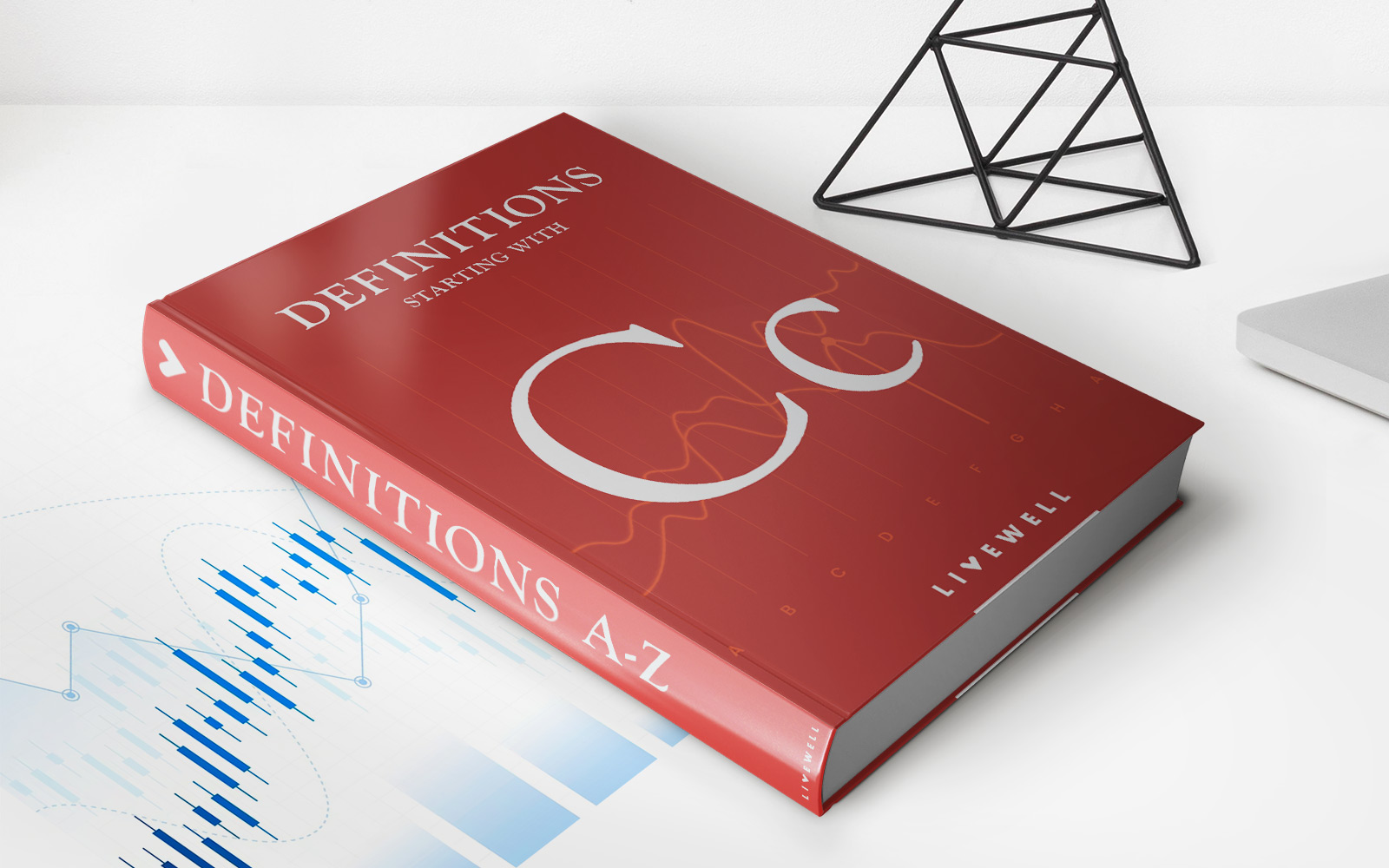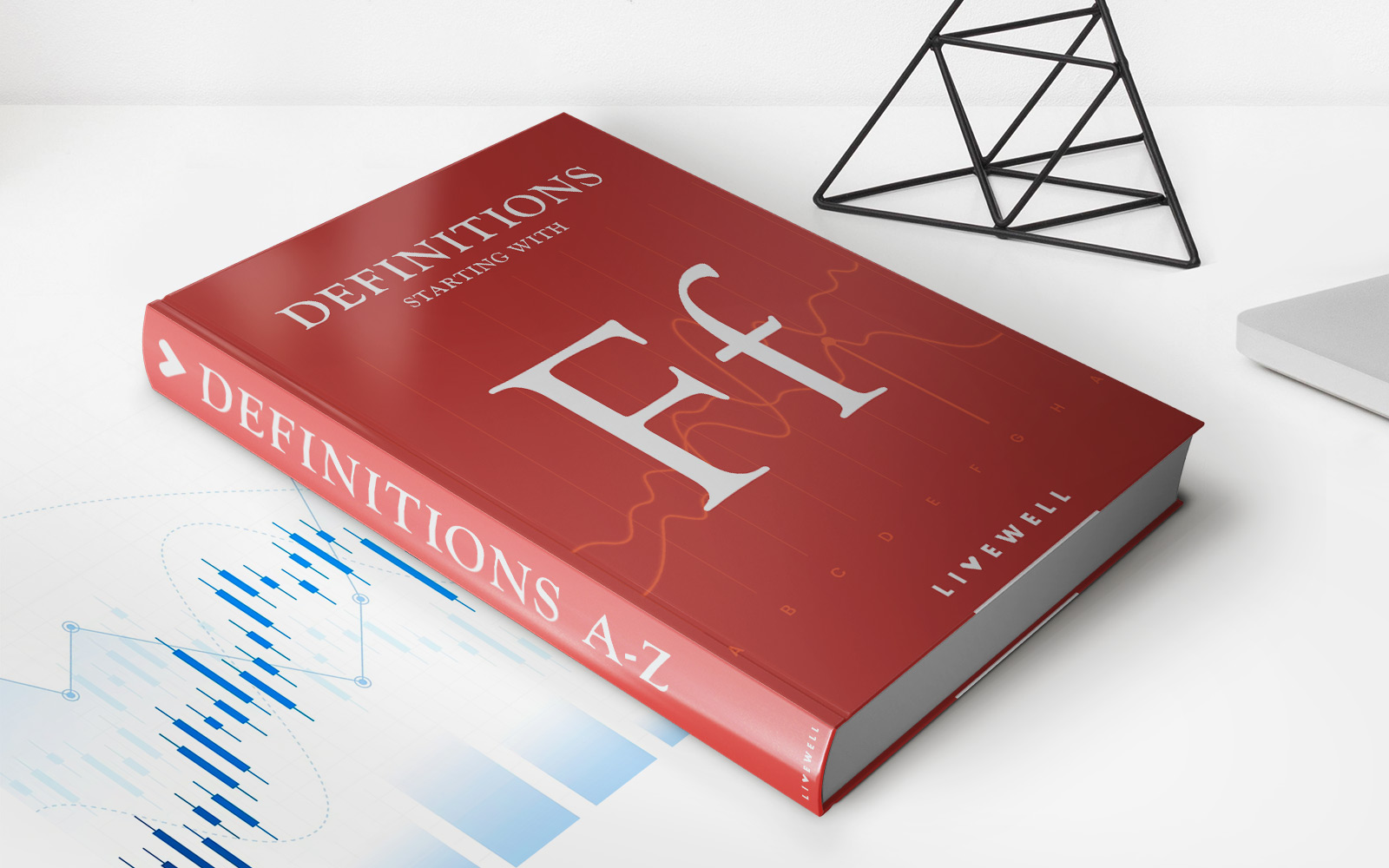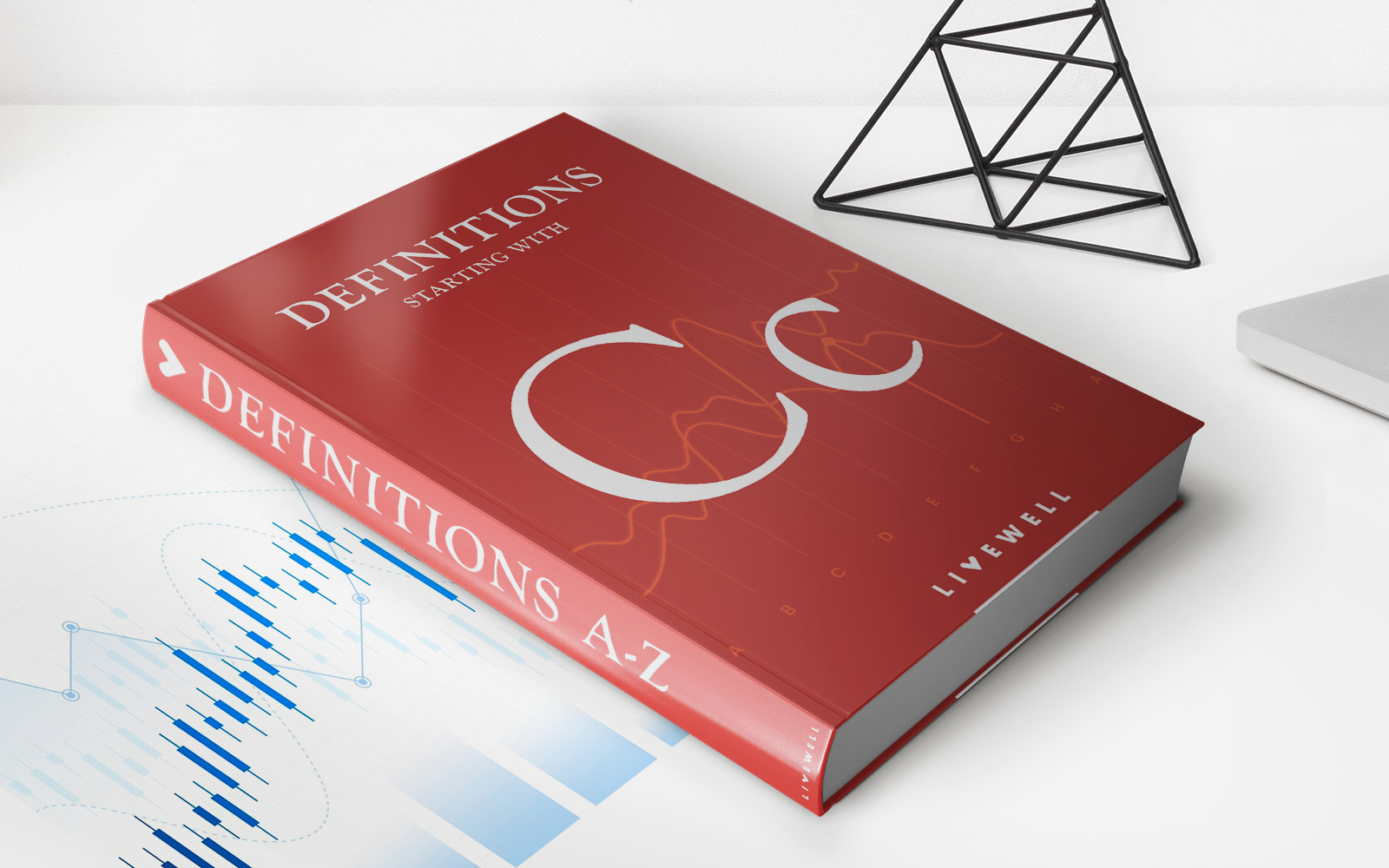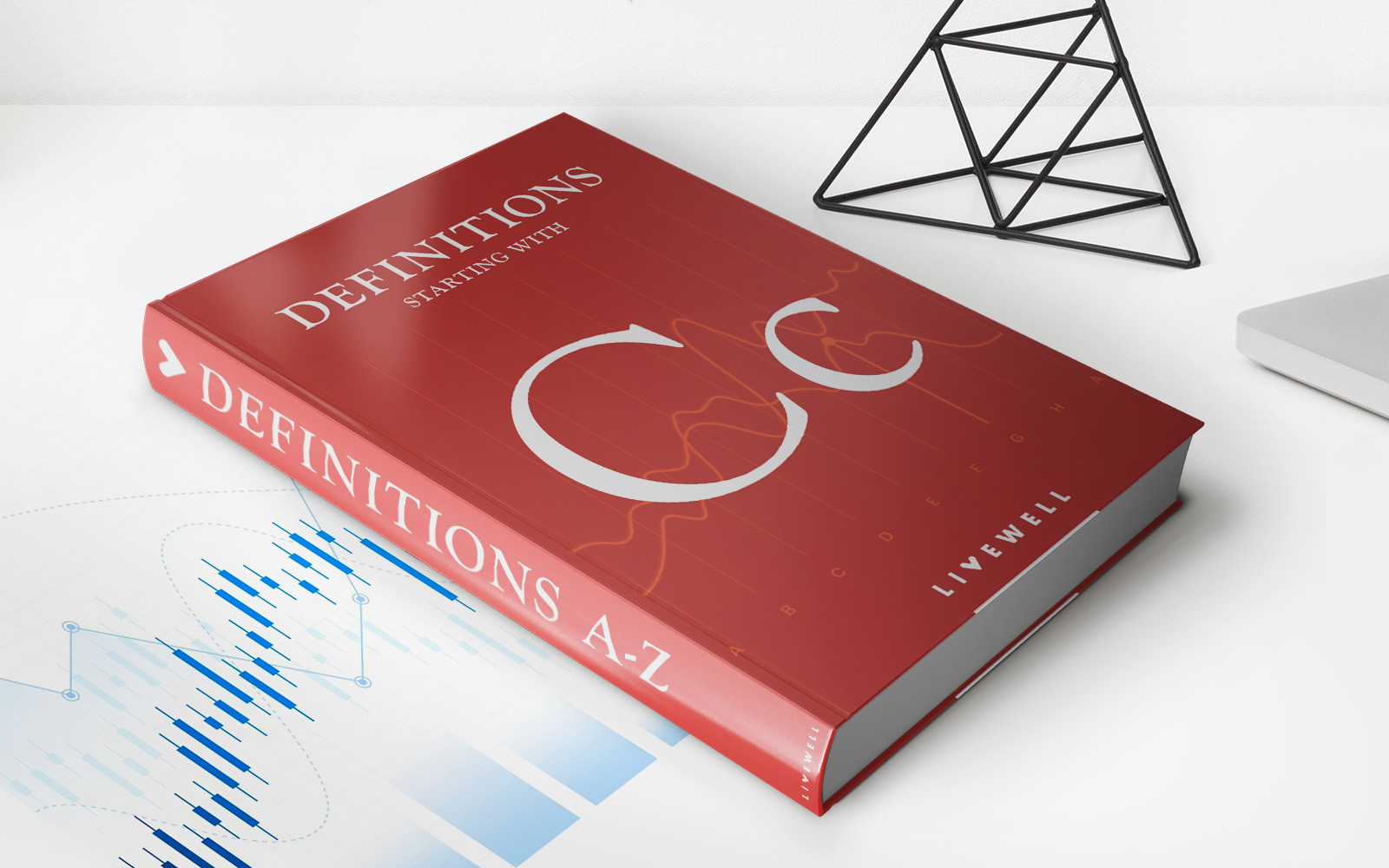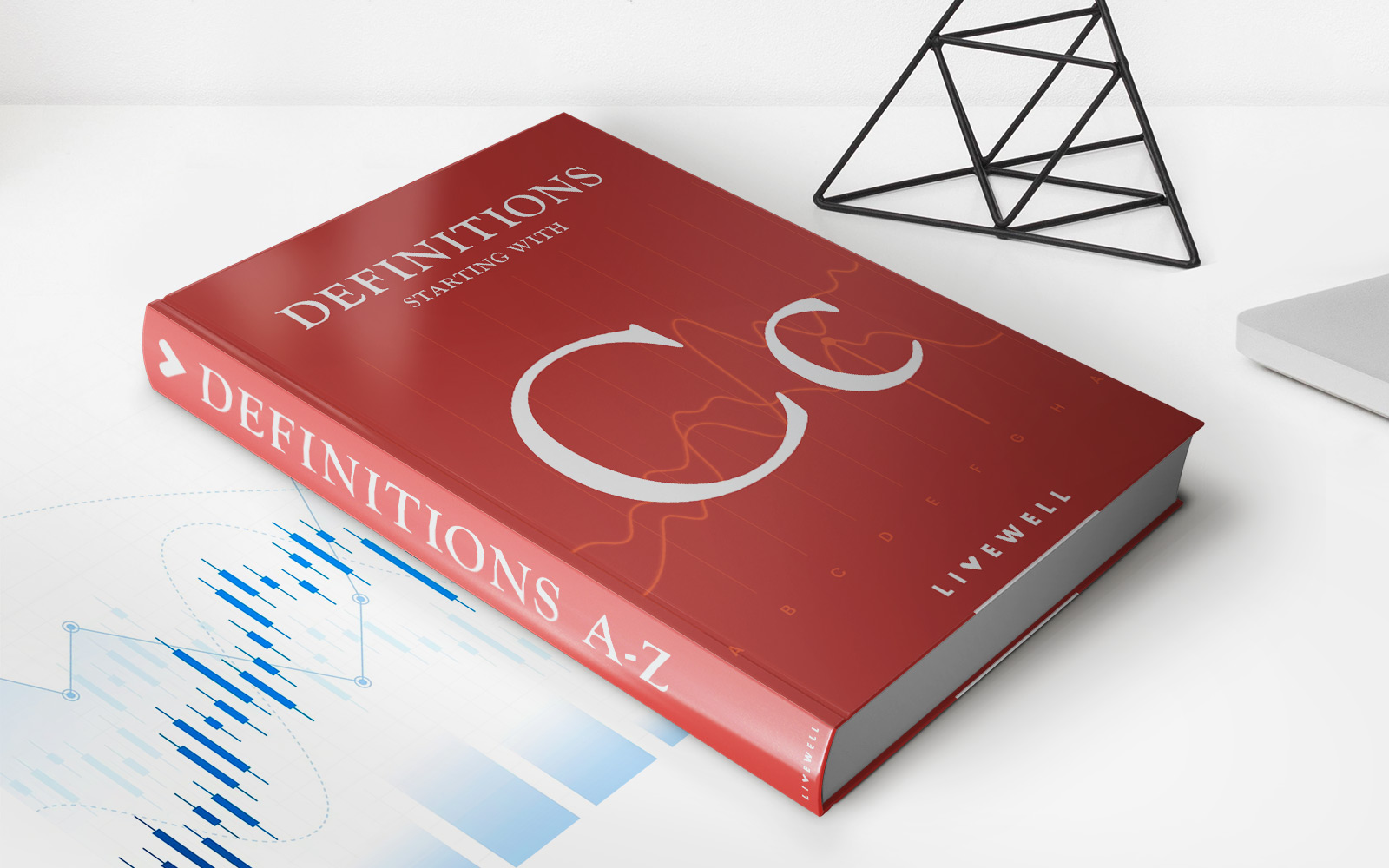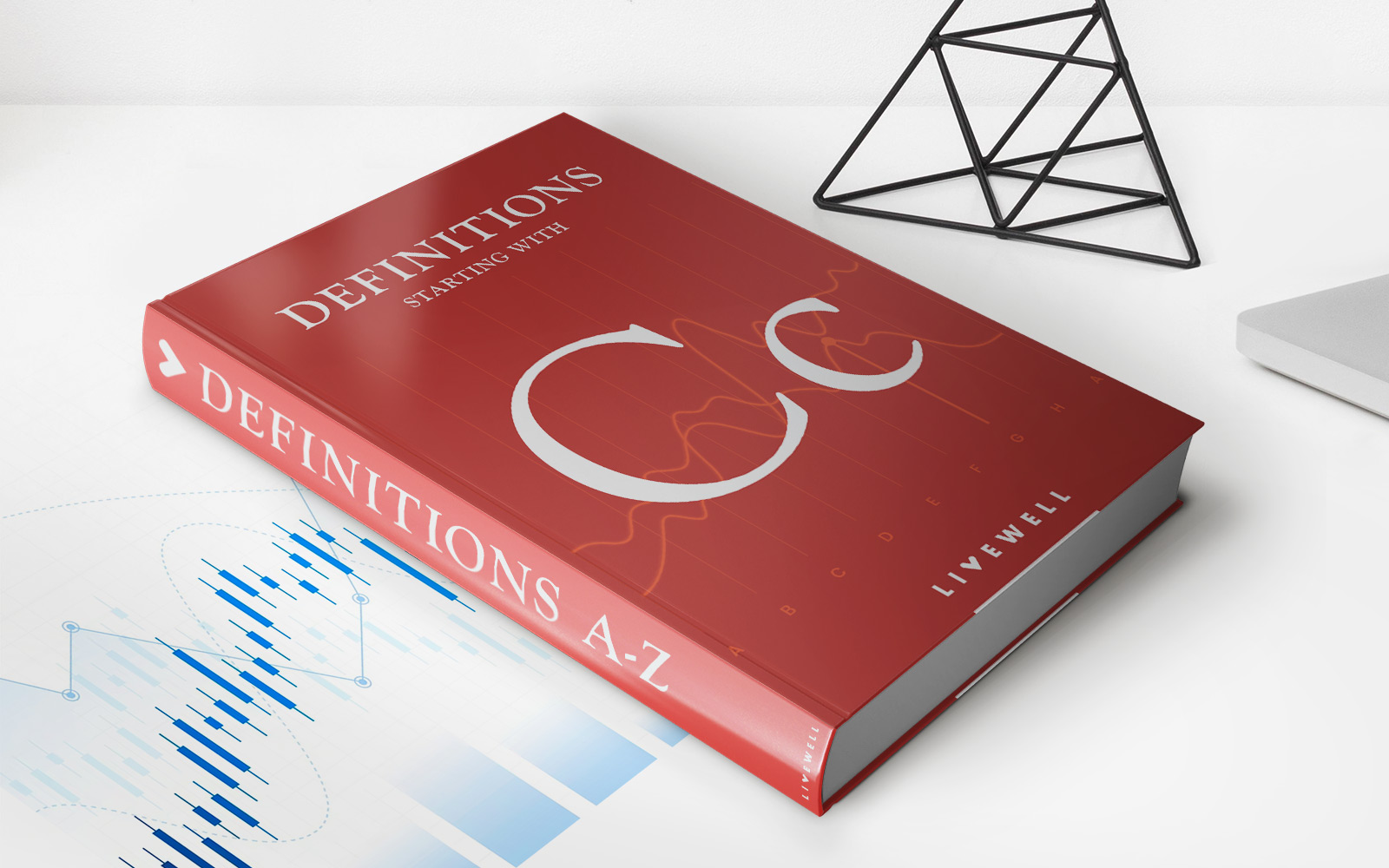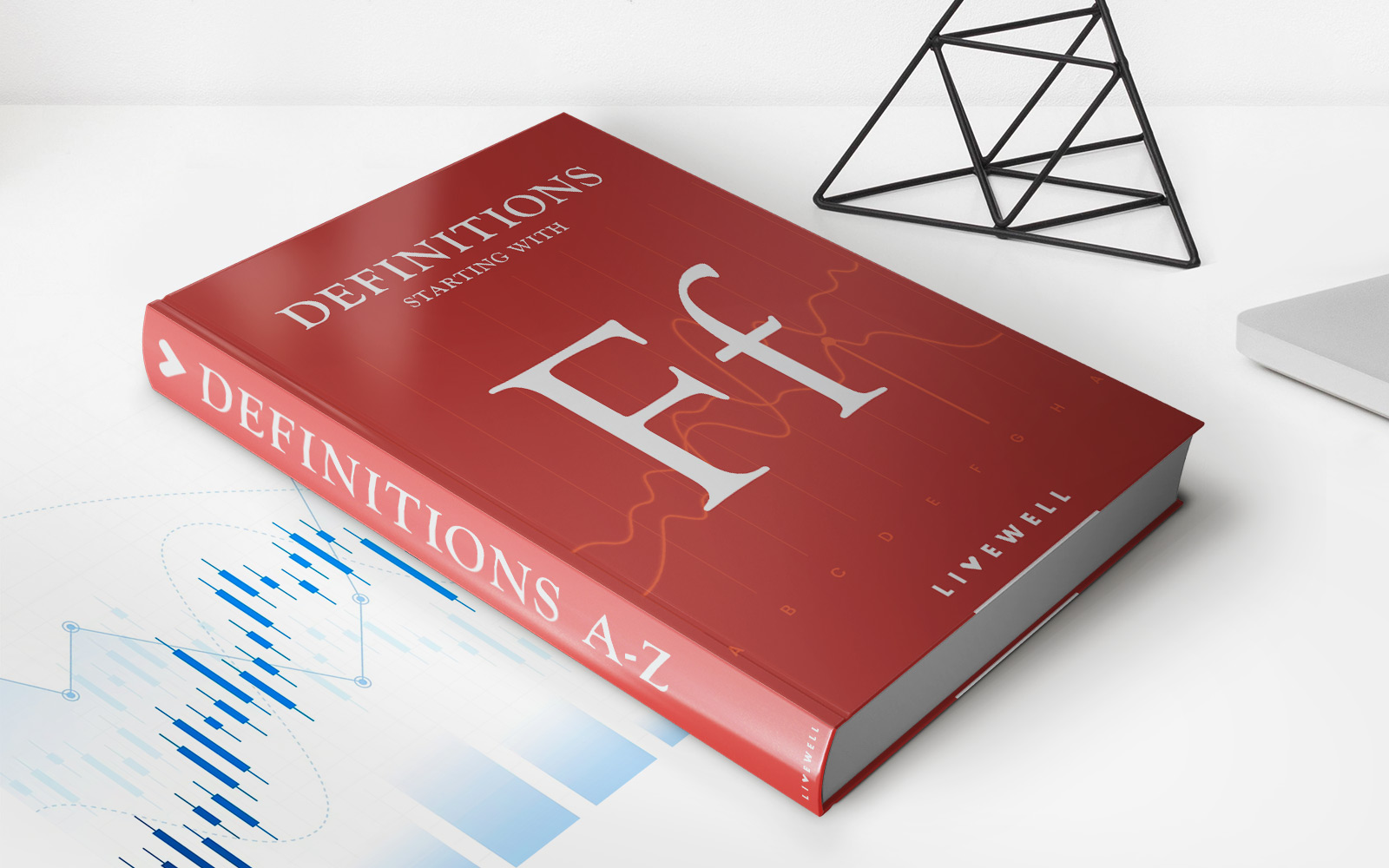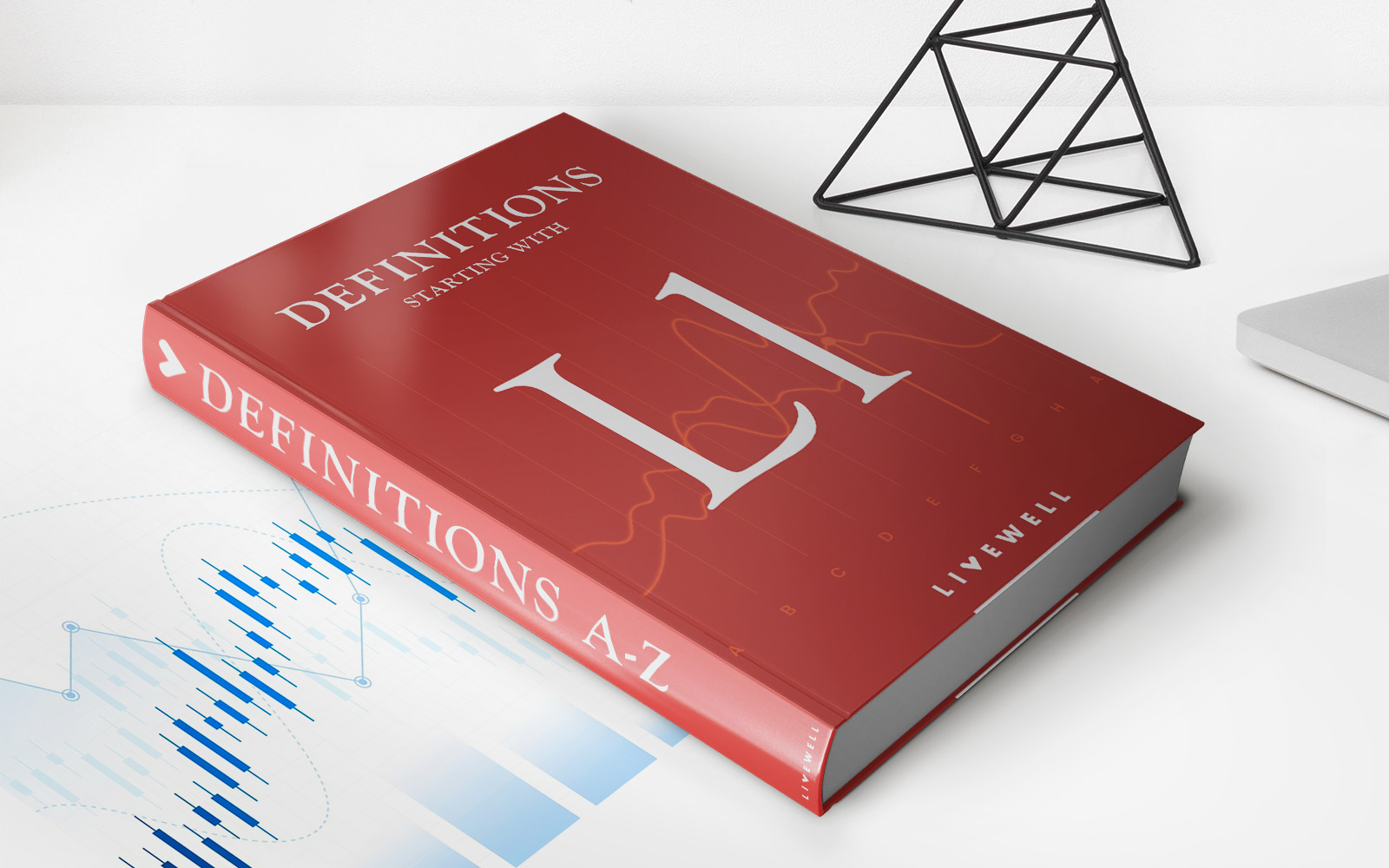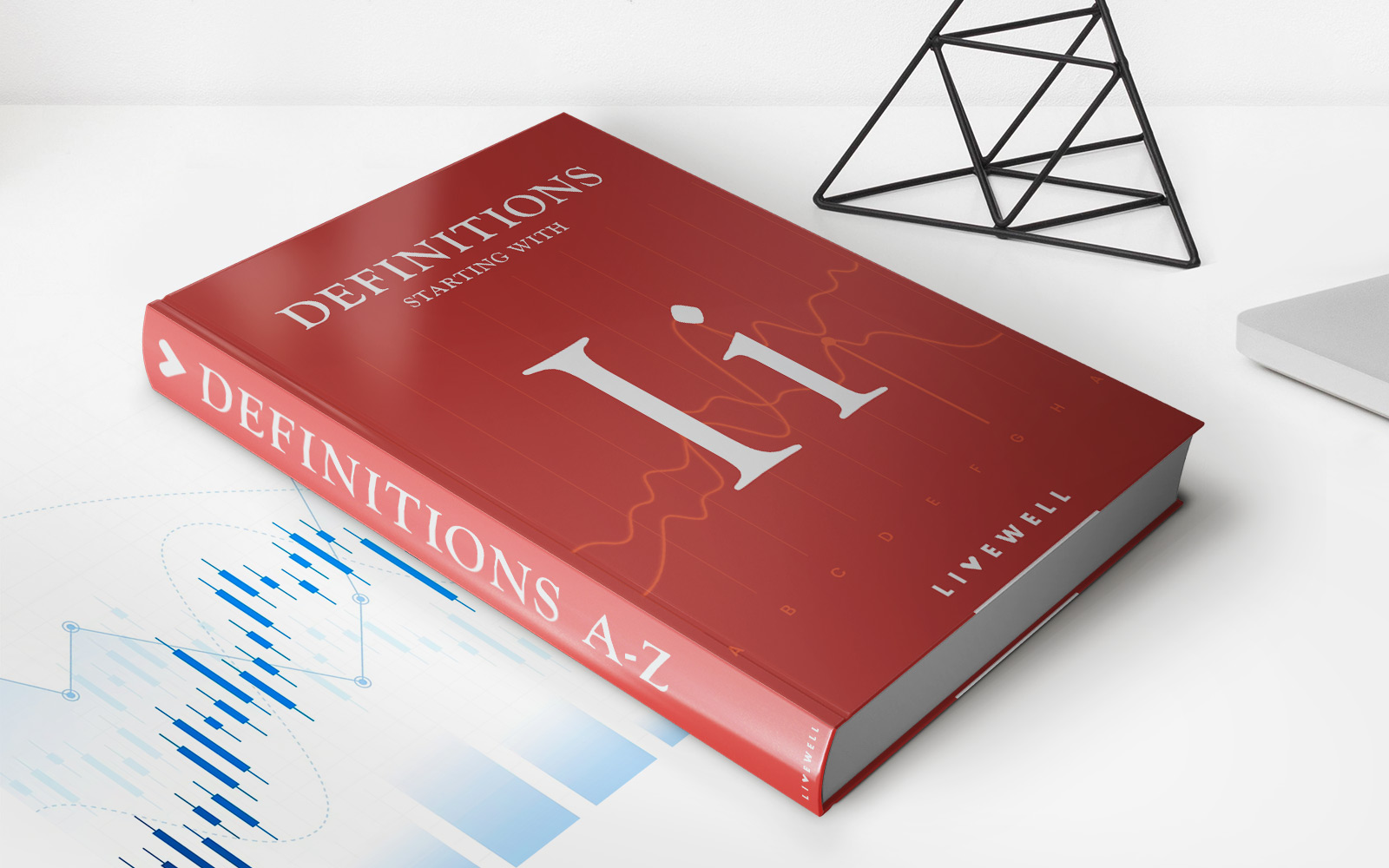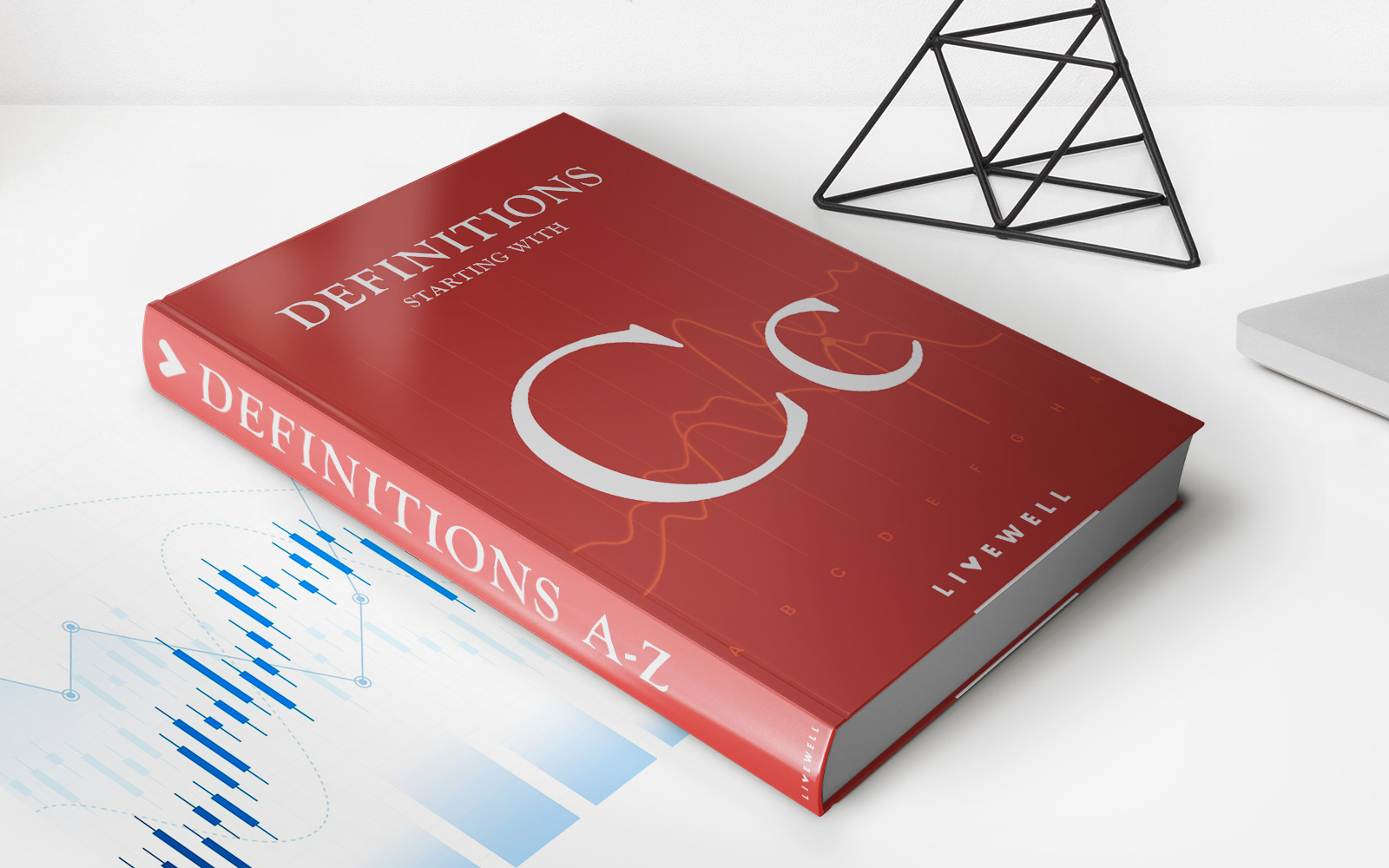

Finance
Catastrophe Futures Definition
Published: October 25, 2023
Discover the meaning of Catastrophe Futures in the world of finance. Explore their definition, uses, and importance in managing financial risks.
(Many of the links in this article redirect to a specific reviewed product. Your purchase of these products through affiliate links helps to generate commission for LiveWell, at no extra cost. Learn more)
The Rise of Catastrophe Futures in the Financial World
Finance is a vast and ever-evolving field, with new asset classes and investment opportunities constantly emerging. One such niche that has been gaining attention and popularity in recent years is catastrophe futures. But what exactly are catastrophe futures, and why are they worth considering as a potential investment? In this blog post, we will delve into the definition of catastrophe futures and explore their rising prominence in the finance industry.
Key Takeaways:
- Catastrophe futures are financial instruments that allow investors to hedge against the financial impact of severe events such as natural disasters or pandemics.
- These futures contracts enable investors to speculate on potential losses associated with catastrophes and can be an effective diversification tool within investment portfolios.
So, what exactly are catastrophe futures? In simple terms, catastrophe futures are financial instruments that allow investors to hedge against the financial impact of severe events such as natural disasters or pandemics. These futures contracts are typically traded on specialized exchanges and are designed to transfer the risk associated with catastrophes from insurers or other entities to investors who are willing to assume such risk. The underlying premise is that when a catastrophe occurs, the investor who holds the futures contract will receive compensation to offset their losses.
Now, you might be wondering why anyone would want to invest in catastrophic events. Well, for some investors, catastrophe futures offer a promising opportunity to diversify their portfolios and generate returns under unique circumstances. Here are two key reasons why catastrophe futures are gaining traction in the finance industry:
- Risk Hedging: Catastrophe futures provide a means for insurance companies, reinsurers, and corporations to manage their exposure to catastrophic events. By buying catastrophe futures, these entities can transfer a portion of their potential losses to investors, minimizing their financial risk.
- Investment Potential: For investors seeking high-risk, high-reward opportunities, catastrophe futures can offer substantial returns. When a catastrophe does occur, the value of these futures contracts can skyrocket, leading to significant profit potential for savvy investors.
It is important to note that investing in catastrophe futures does come with inherent risks. The unpredictable nature of catastrophic events and the complexity of pricing these futures contracts mean that returns can be volatile. Therefore, thorough research and a deep understanding of the underlying risks are vital before venturing into this niche market.
In conclusion, catastrophe futures are a specialized asset class within the finance sector that allow investors to hedge against potential losses associated with severe events. While not suitable for everyone, the growing popularity of these futures contracts among insurers, reinsurers, and risk-seeking investors signals their potential as a viable investment option. If you are considering diversifying your portfolio and have a high-risk tolerance, exploring catastrophe futures could be an intriguing avenue to explore.
